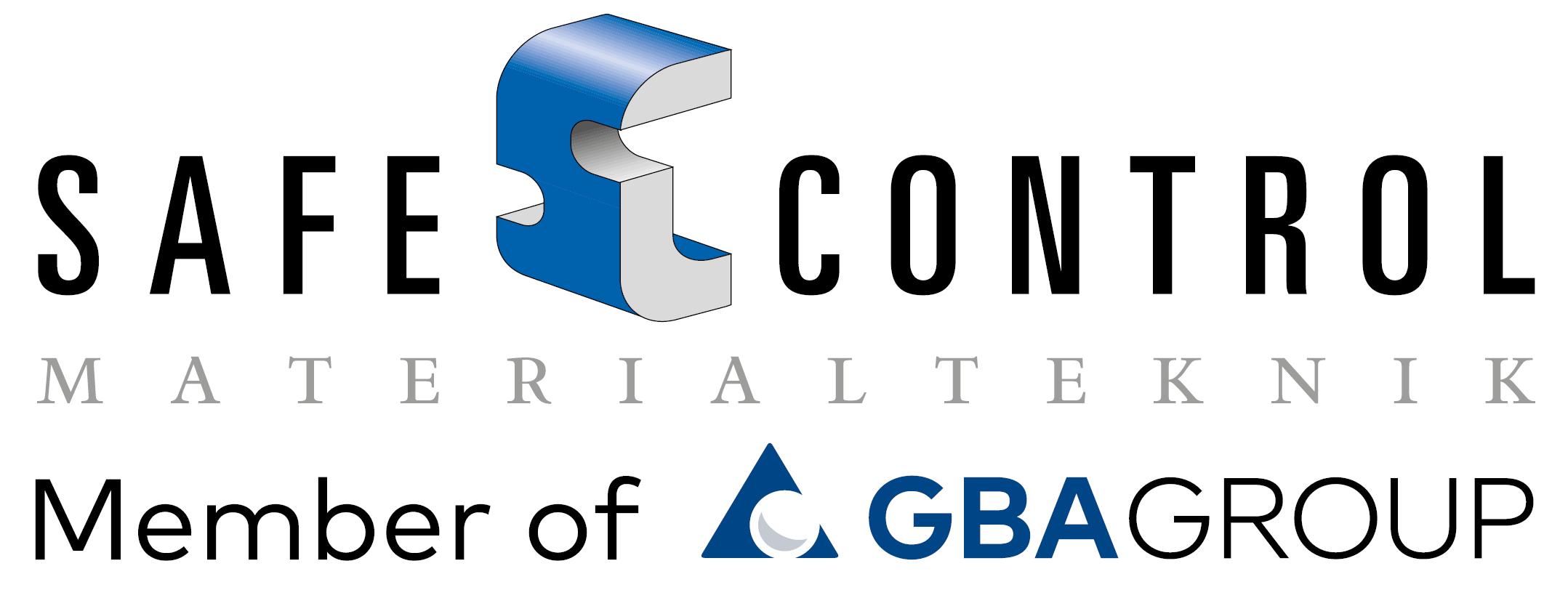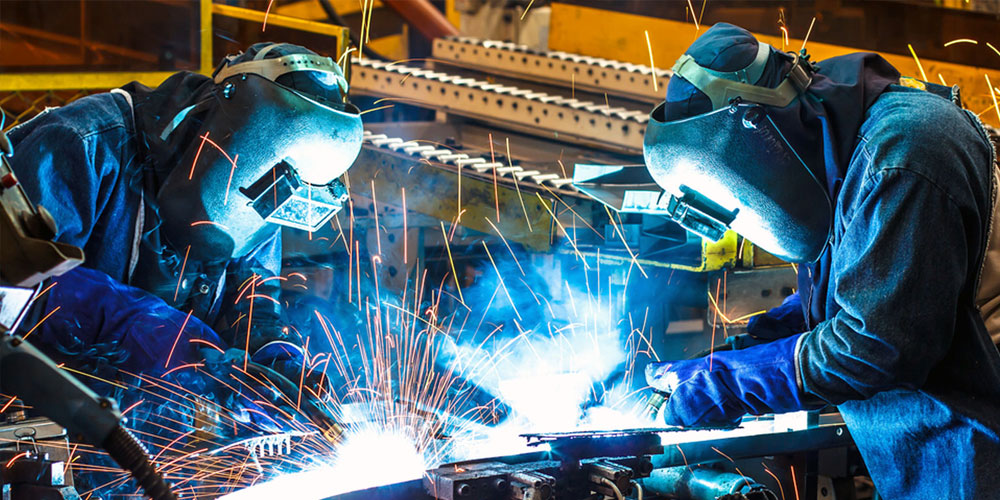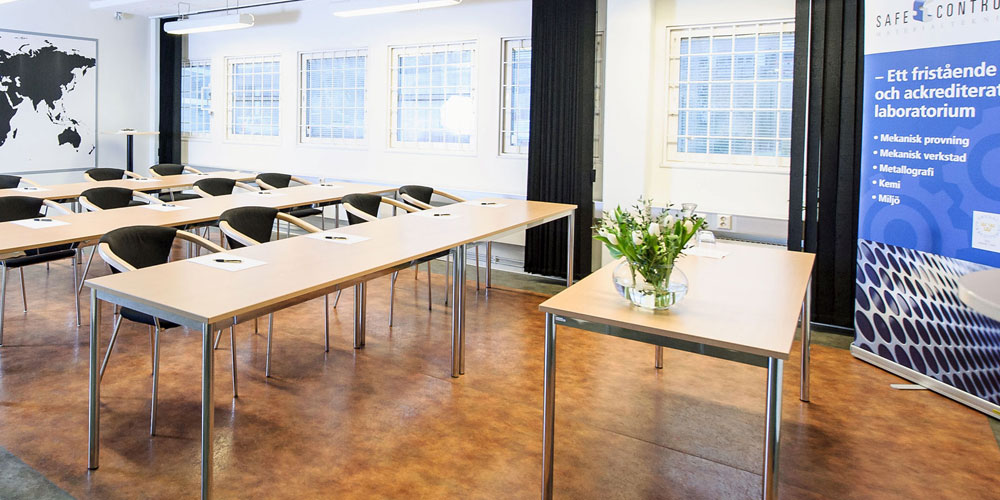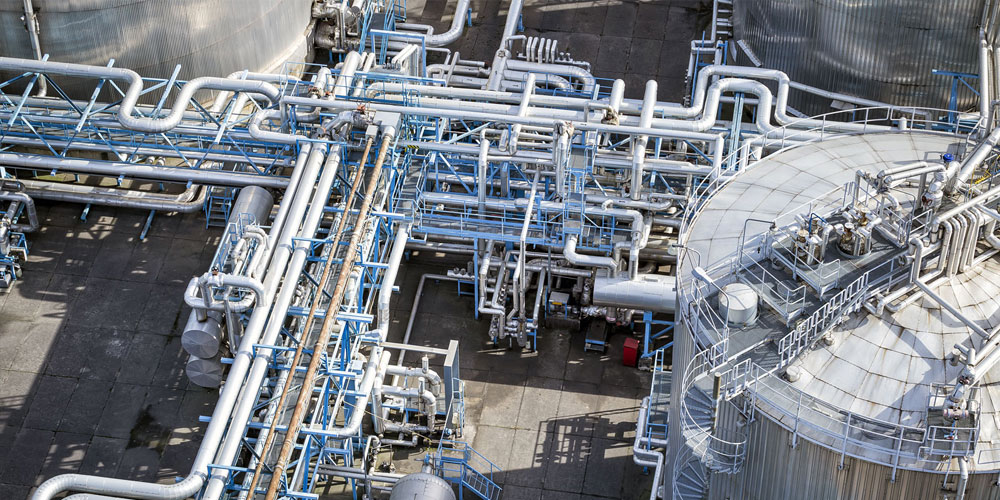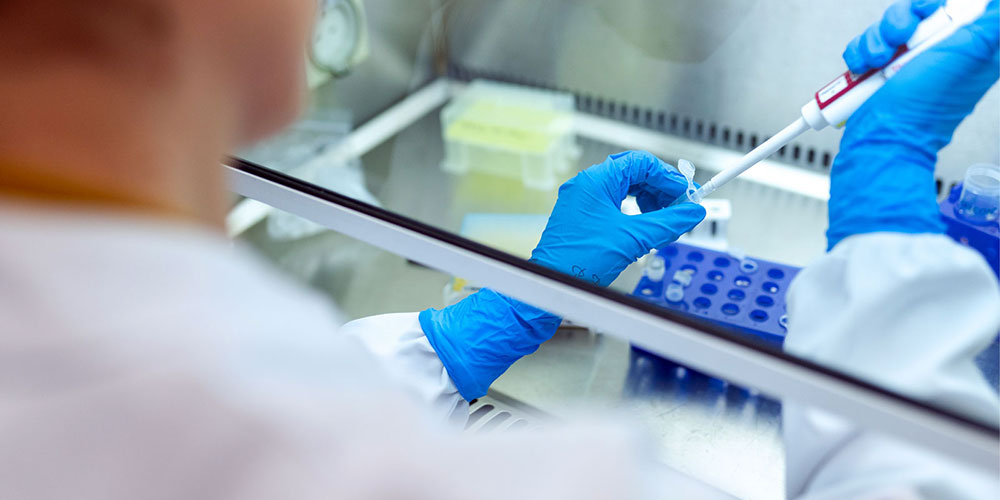Testing of welds and base materials
The laboratory conducts testing of welds and base materials to, for example, check whether the quality of a weld is good enough to withstand extreme stress, or to perform a material check.
The laboratory performs testing based on the classification societies’ respective regulations. The test forms the basis for the classification societies’ issuance of class certificates.
Other services offered by our laboratory are welded supervision, examination of materials, permit evaluation and Z-testing of plates.
Testing of welds and welded joints
To ensure appropriate welding procedures we conduct non-destructive testing (NDT) and destructive testing (DT).
Mechanical testing
Mechanical tests are carried out on base materials, filler materials and weld joints. The results are compared with the reqirements of the applicable product standard with regard to the tensile strength, impact resistance, hardness or bend ductility of the material. We also perform technological tests on pipes. Uniaxial, static strength tests can also be carried out on customer-specific products in consultation with the client.
Chemical analysis and corrosion testing
Analysis of chemical composition is performed in the base material and/or in weld metal. Corrosion tests are performed in our chemical laboratory on base materials, additives and welds.
Metallographic examinations
Metallographic examinations are carried out on sections taken from weld joints. Macroscopic examinations allow defetcs and welding imperfections to be detected. Hardness testing is also often performed on the extruded section to determine the hardness of the welded joint.
The heat affected zone (HAZ) is the most critical area and there are usually requirements for maximum permitted hardness. Specific materials also have to be examined microscopically, in which case the base material, HAZ and weld are examined to determine the composition and ferrite content, and detect microscopic defects.
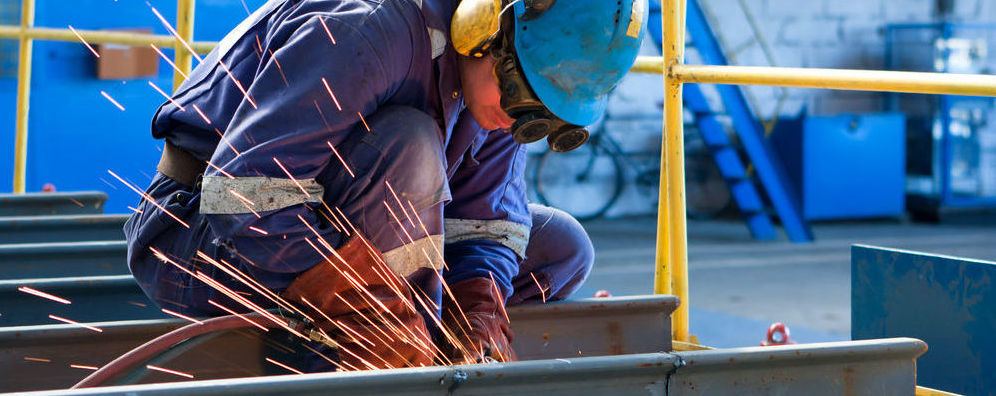
Testing according to SS-EN 1090-1 and 1090-2
We perform accredited mechanical testing, chemical analyzes and metallographic examinations against current national and international standards and quality requirements.
Testing according to SS-EN 1090-1 and 1090-2
Testing of welds and welded joints
Safe Control has extensive experience of testing to ensure welding products. Both destructive and non-destructive testing are performed.
Testing according to SS-EN 1090-1
We perform mechanical tests, chemical analyzes and metallographic examinations to ensure welding procedures according to SS-EN ISO 15614-1.
Testing according to SS-EN 1090-2
We check the squareness, tread depth and hardness on cut surfaces according to EN ISO 1090-2 and ISO 9013 in terms of cutting (thermal cutting).
1 July 2014, the requirement for CE marking according to the new standard SS-EN 1090 came into force. The new standard and the CE marking affects to varying degrees all stakeholders who manufactures and supplies structural components and kits in steel for buildings.
This means that the manufacturer must be certified to manufacture and deliver steel structures. A manufacturer, according to the construction products regulation, is a natural or legal person who manufactures, or let the design of manufacture, construction product or markets it under his name or trademark. The manufacturer can thus be responsible for the subcontractors, steel wholesalers, designers, and so on. The person responsible for the CE marking must have a certificate in accordance with EN 1090.
Contact person
Johan Ageryd
Head of Metallography
Phone: +46 (0)31-65 64 94
first.lastname@safecontrol.se
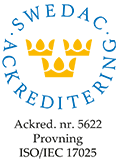
Accreditation
Safe Control Materialteknik AB is accredited since 2001 and has had flexible accreditation since 2016.
All testing takes place against European and international standards.
See our Scope of Accreditation »
